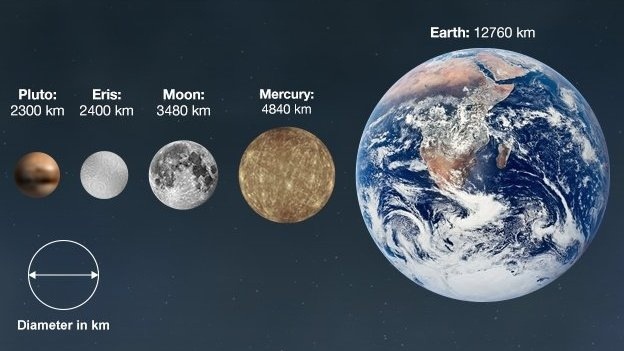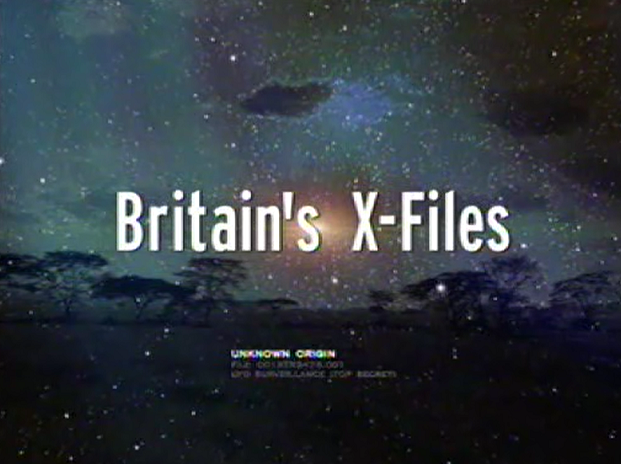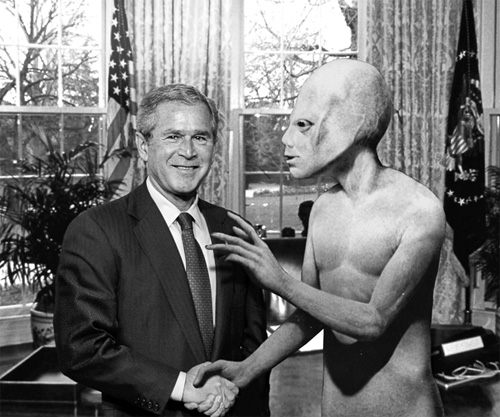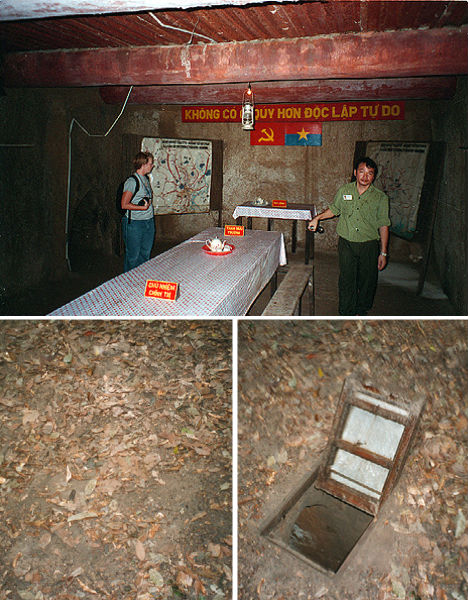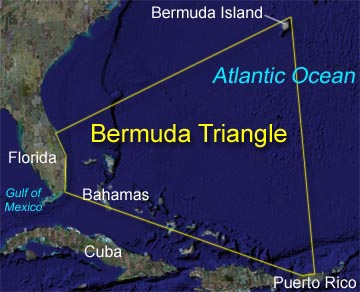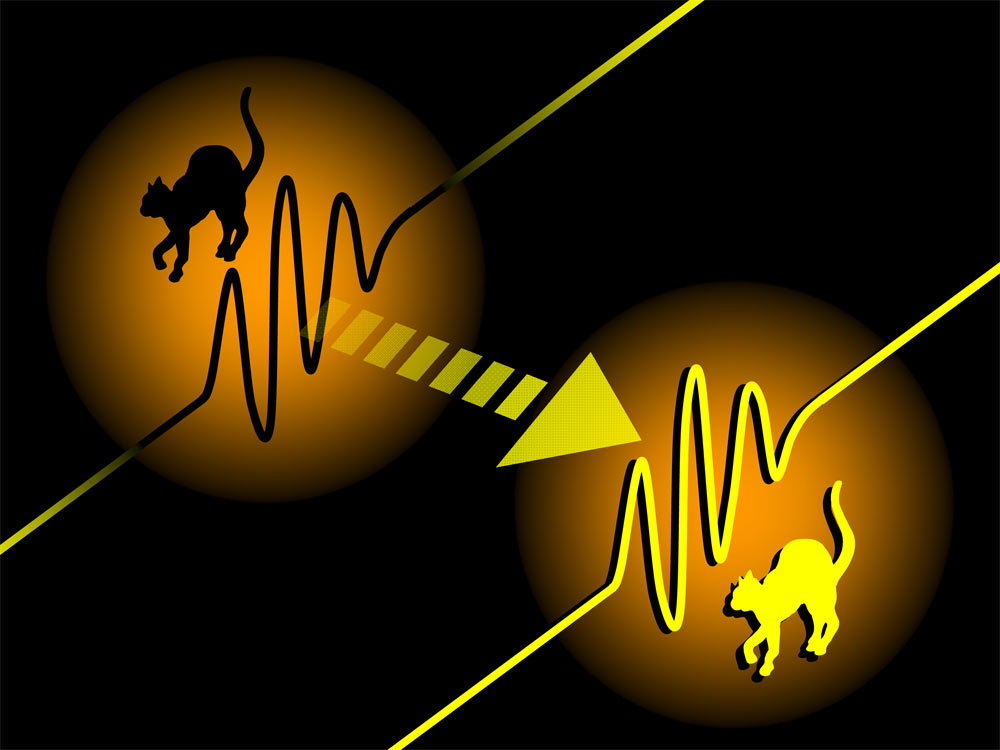
Is there is anyone out there attempting to communicate with us ? Image Credit: CC BY-SA 2.0 Hajor
Professor Stephen Hawking joined a number of other high profile scientists and astronomers in London today to announce the launch of two new initiatives that together represent one of the largest and most significant searches for intelligent alien life ever undertaken.
The ‘Breakthrough Listen’ initiative will involve a ten-year survey of the closest one million stars within our own galaxy as well as the 100 closest galaxies to the Milky Way.
The accompanying ‘Breakthrough Message’ initiative will at the same time fund an international competition to determine what message the human race should send out in to the cosmos.
“We believe that life arose spontaneously on Earth, so in an infinite universe, there must be other occurrences of life,” said Hawking. “Somewhere in the cosmos, perhaps intelligent life might be watching these lights of ours, aware of what they mean. Or do our lights wander a lifeless cosmos, unseen beacons announcing that, here on one rock, the universe discovered its existence?”
“Either way, there is no better question. It’s time to commit to finding the answer, to search for life beyond Earth. The Breakthrough initiatives are making that commitment. We are alive. We are intelligent. We must know.”
Both initiatives have been funded by Silicon Valley technology investor Yuri Milner who was inspired to become a physicist by Frank Drake – a pioneer in the hunt for intelligent extraterrestrial life.
The team behind the ‘Breakthrough Listen’ initiative believe that if there is an alien civilization within the 1,000 nearest stars transmitting with nothing more than the power of a common aircraft radar then we should we be able to pick it up using the radio telescopes we have on Earth.
It should also be possible to detect any signal coming from as far away as the center of the galaxy if it is transmitting with twelve times the power of one of our existing interplanetary radars.
“It’s a huge gamble, of course,” said UK Astronomer Royal Lord Martin Rees.
“No one would count on success, but the payoff would be so colossal on recognizing that there was life elsewhere that this investment is hugely worthwhile.”
Originally posted 2015-08-27 15:24:57. Republished by Blog Post Promoter




